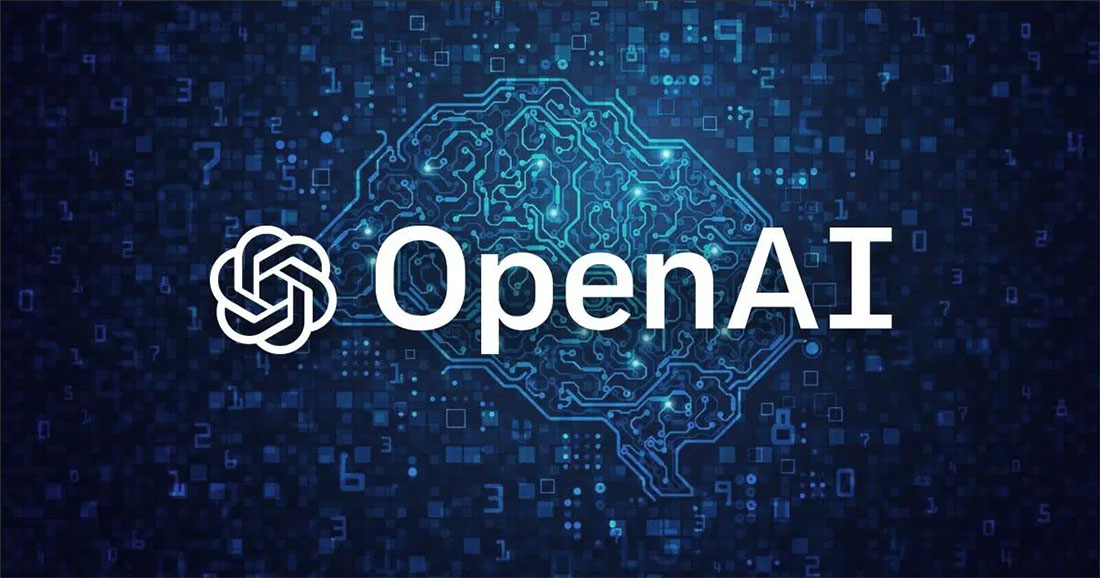
Photo Credit: Getty Images
The application of Artificial Intelligence (AI) software such as Microsoft’s Copilot and OpenAI’s ChatGPT has revolutionized modern workplaces, delivering record levels of efficiency and automation. However, research in recent months indicates that the tools enhance productivity but reduce employees’ critical thinking and problem-solving abilities simultaneously.
A collaborative study by Microsoft and Carnegie Mellon University conducted a survey of 319 knowledge workers who regularly use generative AI tools. The findings suggest a shift in critical thinking efforts: workers are moving from active problem-solving to passive surveillance, primarily focused on verifying AI-generated outputs rather than being deeply involved with work. This change indicates over-reliance on AI as a possible decline in independent analyzing abilities.
The study points out how, while AI can reduce cognitive load in repetition, it is also bound to foster complacency. Employees will be willing to take AI work without proper filtering, leading to errors and systematic erosion of the problem-solving abilities. Such an event indicates that there must be equilibrium in the transition towards AI so that human judgment is not pushed out of decision-making hubs.
On the contrary, AI technologies have been reported to enhance productivity and job satisfaction. According to a survey, 93% of employees who utilized AI reported that it allowed them to focus more on strategic and creative aspects of their work. This shows that if used correctly, AI has the ability to free employees from mundane tasks, enabling them to use higher-order thinking and innovation.
The key lies In how AI is integrated into daily workflows. Experts suggest the use of AI as a collaborator that works with humans and not against human intelligence. With constant engagement in activity and using AI to augment rather than replace human effort, workers are able to keep and even hone their critical thinking skills. This arrangement ensures symbiosis where AI does repetitive work and human beings use judgment and imagination to oversee and improve AI outputs.
Moreover, organizations are at the forefront here. Investment in training initiatives emphasizing the importance of critical engagement with AI tools can potentially prepare employees with the necessary skills to effectively leverage AI through collaboration. The initiatives guarantee the workforce to be able to sustain independent problem-solving as they leverage AI’s strengths for greater efficiency.
Lastly, while the advantages of efficiency through software such as Copilot and ChatGPT cannot be argued with, caution has to be exercised in not compromising vital critical thinking capabilities. When used wisely alongside human decision-making and intellect, it can lead to a better qualified and stable workforce capable of making the best use of technology without compromising its intellectual capacity.
















